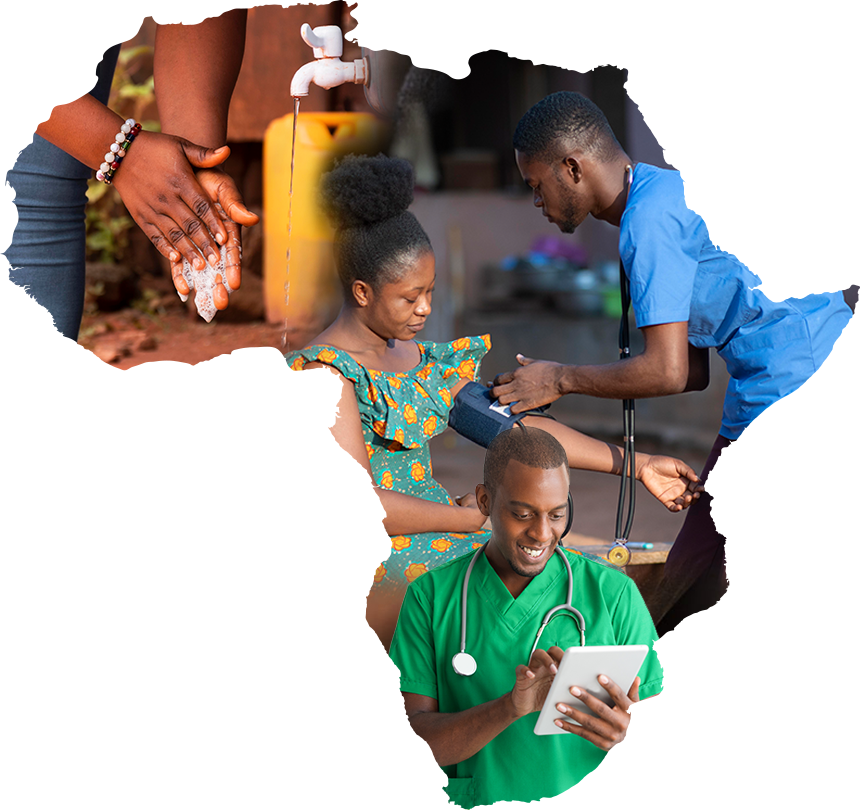Today, on Self-Care Day, the World Health Organization (WHO) has unveiled a groundbreaking resource – a competency framework – aimed at empowering health and care workers to support people’s self-care endeavors. Self-care interventions empower individuals to manage diseases, prevent illnesses, and access critical health information.
“Self-care interventions are a vital component of health systems, offering expanded options for delivering healthcare services, especially for the underserved,” stated Dr. Pascale Allotey, Director of Sexual and Reproductive Health and Research and HRP at WHO, a dedicated midwife. “Health and care workers play a pivotal role in helping people understand and utilize self-care approaches and tools – whether for self-testing pregnancy, COVID-19, or HIV, managing fertility, or self-monitoring chronic health conditions. These resources aim to support them in this noble endeavor.”
Approximately 3.6 billion people, half of the global population, lack access to essential health services. WHO strongly recommends integrating self-care interventions in every country as a critical step toward achieving universal health coverage. It empowers individuals to have more control over their well-being, broadens healthcare options, and facilitates easier healthcare accessibility.
Various self-care interventions encompass self-administered contraceptives, COVID-19 and human papillomavirus (HPV) screening, HIV and other sexually transmitted infection tests, blood pressure monitoring, pregnancy and ovulation tests, and techniques to manage stress, anxiety, substance use, and mental health disorders.
Moreover, during major disruptions to national health systems, such as health emergencies, self-care interventions offer a vital alternative to the usual facility-based services.
The Self-care competency framework comprises three essential components: competency standards, a knowledge guide tailored for health and care workers, and a curriculum guide for planning and delivering education and training.
The competency standards define ten key competencies for health and care workers to facilitate self-care in their clinical practice. These competencies emphasize people-centredness, decision-making, effective communication, collaboration, evidence-informed practice, and personal conduct.
“We invite countries, health and care worker education institutions, and employers to integrate these standards into education and practice, and to invest in a competent health and care workforce capable of providing people-centred, quality, evidence-based health services,” stated Dr. Jim Campbell, Director of the Health Workforce Department at WHO.
WHO defines self-care as the ability of individuals, families, and communities to promote health, prevent disease, maintain health, and cope with illness and disability. The new publications, jointly developed by WHO’s Department of Sexual and Reproductive Health and Research and the Health Workforce Department, align with the implementation of WHO’s Guideline on self-care interventions first published in 2019 and updated in 2022.
This Self-Care Day, let’s celebrate the empowerment of individuals and healthcare workers in embracing self-care as a powerful tool for healthier lives and resilient communities. Together, we can foster a world where healthcare is accessible to all, regardless of their circumstances.

